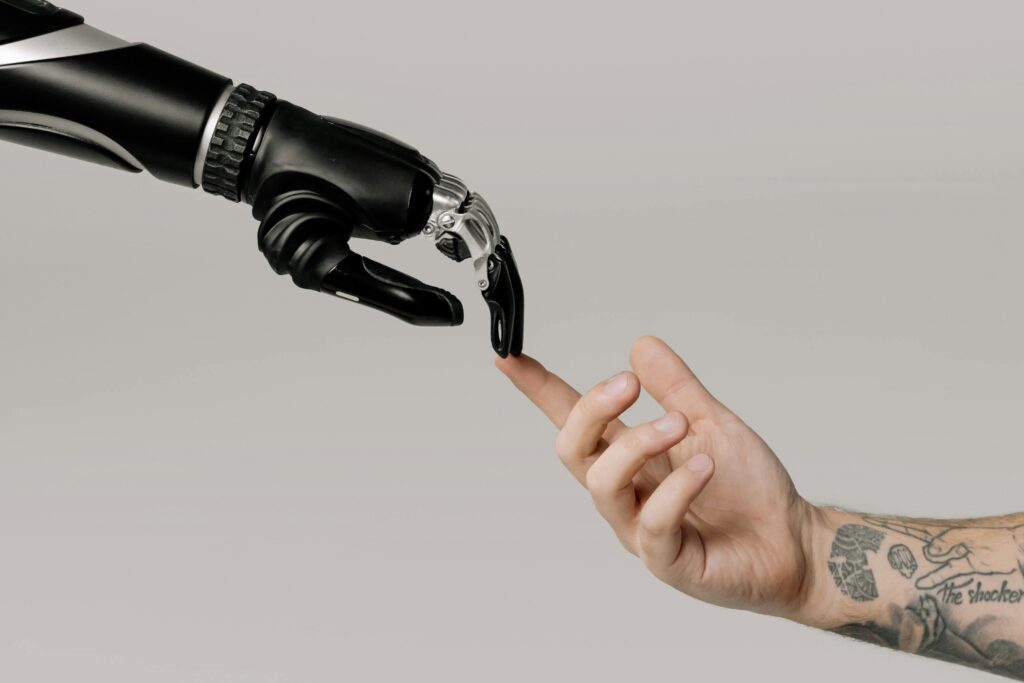My Take on AI : Balancing Progress and Caution

AI is undoubtedly one of the most powerful and intriguing technologies of our time. Its ability to transform our lives, from revolutionizing healthcare to reshaping transportation, is nothing short of extraordinary. But like any powerful tool, AI comes with both incredible benefits and significant challenges, and navigating this landscape requires both enthusiasm and caution.
From my perspective, AI is a force for good, but it must be harnessed responsibly. The advancements in AI have already made a significant impact. For example, in the corporate world, AI has streamlined operations, enhanced decision-making, and fostered innovation. A recent report from PwC states that AI could contribute up to $15.7 trillion to the global economy by 2030 . This kind of potential excites me and many others who are passionate about the future.
In healthcare, AI is helping diagnose diseases more accurately and developing personalized treatments. According to a study by Accenture, AI applications in healthcare could save the industry $150 billion annually by 2026 . These possibilities are truly transformative and give us a glimpse of what the future could hold.
However, the rapid pace of AI development also raises important ethical and societal questions. For instance, the potential for job displacement is real. A report by McKinsey Global Institute estimates that by 2030, up to 800 million jobs could be lost to automation . Privacy concerns are another major issue, with AI’s ability to analyze vast amounts of personal data. This is where government regulation becomes essential.
I firmly believe that while AI advancements should continue, they must be guided by robust regulations to ensure they benefit society as a whole. Regulations should focus on transparency, accountability, and ethical use. AI systems should be transparent about how they make decisions, and there should be accountability for their outcomes. Ethical guidelines should ensure that AI is used to enhance human well-being and not harm it.
In conclusion, my take on AI is that it is a powerful tool that can drive tremendous progress if used responsibly. Advancements should certainly continue, but with careful consideration of their broader impact. Governments have a crucial role in regulating AI to ensure it is developed and deployed in ways that are ethical, transparent, and beneficial to all. Balancing progress with caution will help us harness the full potential of AI while mitigating its risks. Let’s embrace the future with both excitement and mindfulness.
Sources:
1. PwC Report: [The Economic Impact of AI]
(https://www.pwc.com/gx/en/issues/data-and-analytics/publications/artificial-intelligence-study.html)
2. Accenture Study: [AI in Healthcare]
(https://www.accenture.com/us-en/insights/health/artificial-intelligence)
3. McKinsey Global Institute: [Jobs Lost, Jobs Gained: Workforce Transitions in a Time of Automation]
(https://www.mckinsey.com/featured-insights/future-of-work/jobs-lost-jobs-gained-what-the-future-of-work-will-mean-for-jobs-skills-and-wages)